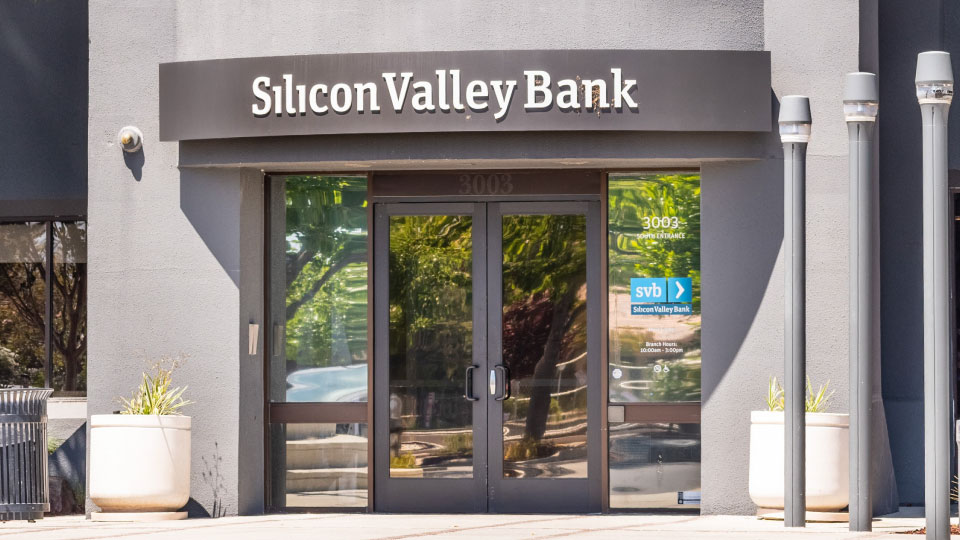
Click on the play button to listen to the audio version.
Those that predicted that the failure of Silicon Valley Bank was just the beginning are turning out to be correct. The sharp rise in interest rates, plus a few regulatory gaps, coupled with the convenience of online banking have created a perfect storm for over-leveraged banks in 2023. First Republic Bank became the latest regional bank to fail. While the economic environment is like nothing we saw in 2008, the collapse of three mid-sized banks in a span of weeks has anyone with more than $250,000 in the bank feeling a little uneasy. As most people know, $250,000 is the limit that the FDIC guarantees for any individual person or company at any one bank. If you have $1 million in a savings account and that bank fails, the government will only guarantee $250,000 of your money. With Silicon Valley Bank and First Republic, the government helped facilitate the sale of those banks and made all of the depositors whole. It is definitely in the interest of the country for the government to guarantee all deposits in our banking system, regardless of their amounts. However, if the overall losses become too great, there is no certainty the government will step in beyond the FDIC limit. All of this begs the question, what is the best way to protect yourself or your company against a bank failure?
1) Spread your money around
The FDIC will insure $250K per bank, for each ownership category. If you have two million dollars in cash, you can deposit your money at multiple banks instead of just one. If you have $250K on deposit at 8 banks, and all eight banks fail, the FDIC will fully insure all of your accounts. If you and your spouse have a joint account, you are each insured for $250K for a total of $500K. Companies are also insured for $250K. Some people establish LLC’s which are also insured for $250K per company, per bank.
2) Invest in Treasuries
It is probably impractical for people and companies with millions or billions in cash to place their money in multiple banks. A company with a billion dollars would have to put their money in 4,000 banks to be fully insured. So, what do these companies do? Any company with this much cash has some pretty sophisticated managing of their money, and I wouldn’t want to over-simplify what they do. But I know one thing they do is invest in treasuries or T-Bills. T-bills have terms attached to them. Unlike a savings account from which you may take your money out at any time, T-bills pay interest to the owner at negotiated rates, depending on the term of the investment. Typically, the longer the investment period, the higher the interest rate the government will pay you. The downside is that T-bills usually pay less interest than many banks pay, but they are 100% guaranteed by the federal government and there is no limit to the amount of money the government will guarantee.
3) Invest in Dividend Stocks
Dividend stocks or value stocks are investments in companies that have consistently paid dividends for years, even decades in some cases. Companies like AT&T, Chevron, and Dupont have paid dividends between 2% and 5% every year for nearly 100 years. While dividend stocks aren’t as safe as T-bills, they are famously the favorite of Warren Buffet, and have been remarkably safe and consistent for decades.
I don’t think there is a realistic chance we will see the type of collapse of our banking system in which the government would allow people to lose the money they have in the bank. But there is a reason why FDIC insurance is capped, because no matter how remote the chance, it is a possibility. Good luck!
